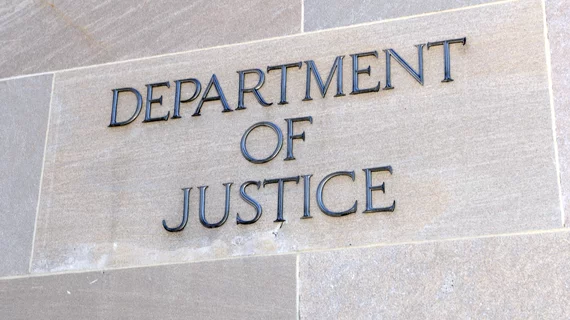DOJ alleges Kaiser Permanente defrauded Medicare of $1 billion
Kaiser Permanente and members of its healthcare consortium defrauded Medicare of nearly $1 billion by tacking on diagnoses to patients’ medical records to earn more in reimbursement payments, the Department of Justice claims in a complaint filed Monday.
The DOJ alleges Kaiser looked through Medicare Advantage medical files and pushed physicians to retrospectively add new diagnoses that didn’t exist or were unrelated to patient visits, Bloomberg Law first reported.
“The driver was money: so that Kaiser could submit these improper diagnoses to CMS for payment,” the complaint reads.
The allegations date back to a whistleblower lawsuit filed in 2013, along with five others submitted since that time. One accusation was spearheaded by James Taylor, who previously served as director of coding for Kaiser Permanente’s Medical Group in Colorado, according to Bloomberg Law.
The integrated healthcare group, which consists of health plans, physician group practices and hospitals is accused of violating the False Claims Act. In a similar case, Sutter Health and its affiliates agreed in August to pay $90 million to settle claims it violated the federal statute.
Kaiser Permanente maintains it has done nothing wrong and plans to “strongly” defend against lawsuits alleging otherwise, the Oakland, California-based organization said in a statement posted to its website.
“For nearly a decade, Kaiser Permanente has achieved consistently strong performance on Risk Adjustment Data Validation audits conducted by CMS,” the company said Oct. 25. “With such a strong track record with CMS, we are disappointed the Department of Justice would pursue this path.”

